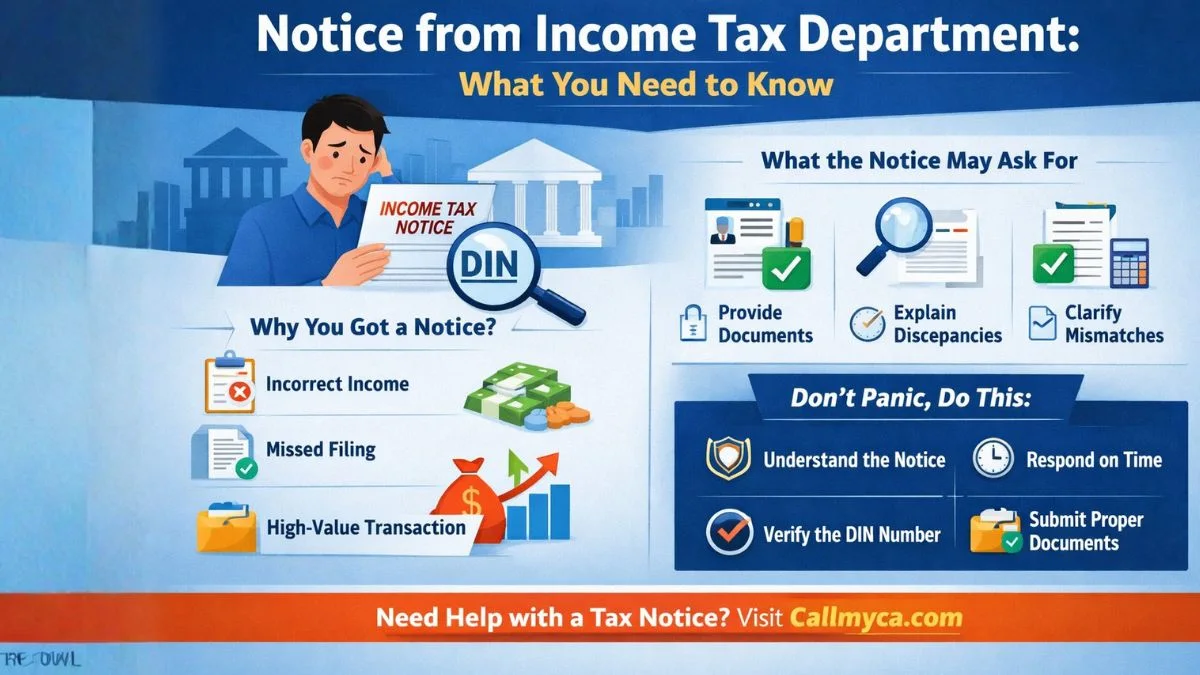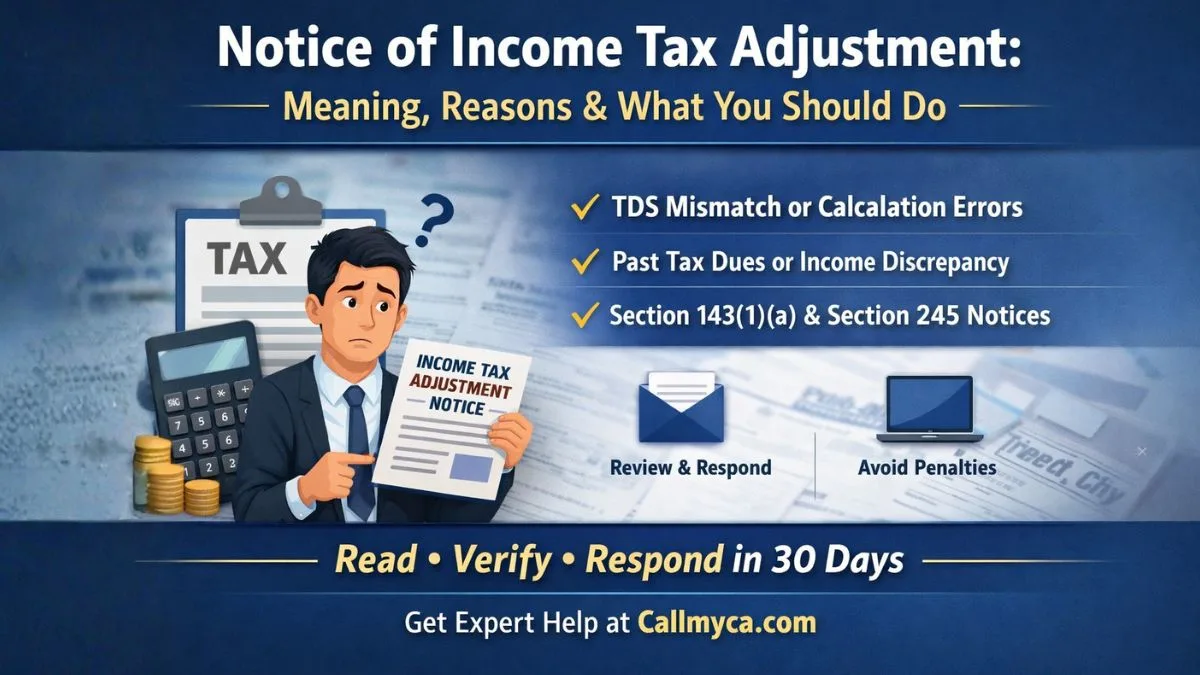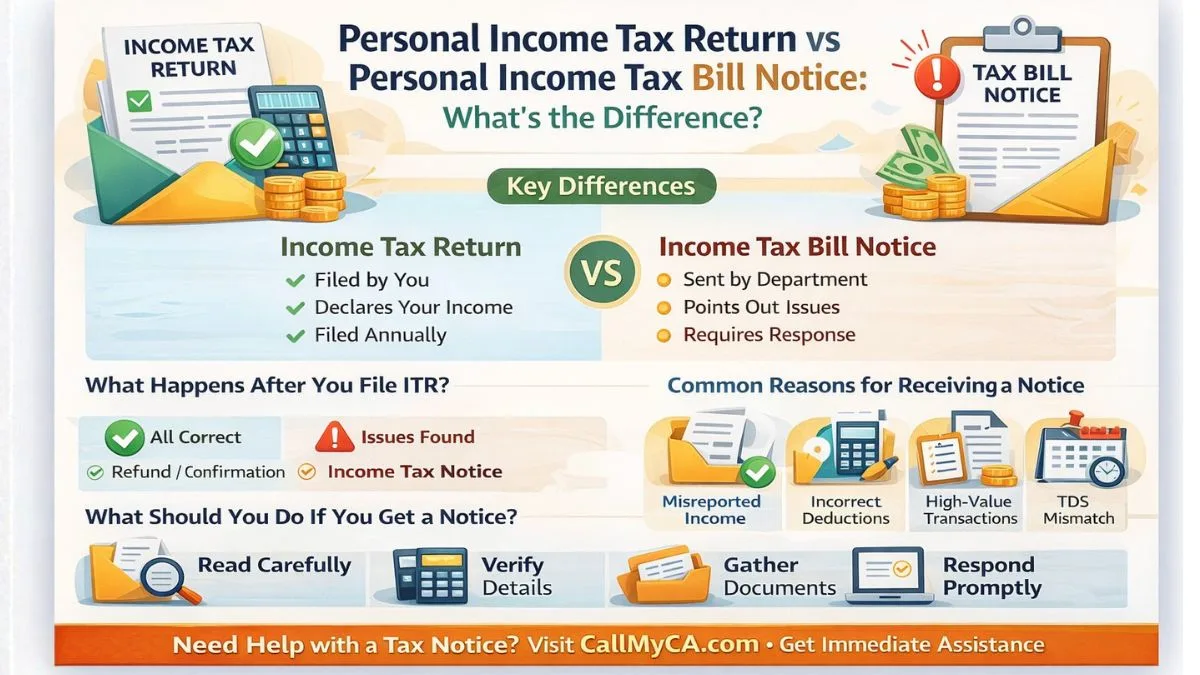
If you speak to any Indian taxpayer who prefers safety over risk, one product quietly sits on almost every list — the National Savings Certificate (NSC). It has been around for decades, and while the financial landscape keeps changing every few years, the charm of NSC remains the same: stable returns, government backing, and straightforward tax benefits.
Yet many people still remain confused about which income tax section applies to NSC, how much deduction they get, & whether NSC interest is taxable or exempt. This confusion often leads to either under-utilising tax benefits or making wrong entries while filing ITR.
To clear that clutter, let’s break down the NSC income tax section, how deductions work, and how you should report NSC interest correctly.
Section 80C — The Main Income Tax Section for NSC
The very foundation of NSC tax benefits lies in Section 80C of the Indian Income Tax Act. This section lists several investments that help you reduce taxable income, and NSC is one of the simplest among them.
To put it in simple words: investments in NSC provide tax savings of up to Rs. 1.5 lakh, & you can claim this deduction every financial year.
Now, many people think only ELSS or PPF fall under 80C, but the truth is that NSC is one of the tax-saving investment options available under Section 80C that doesn’t depend on market volatility & doesn’t require long waiting periods.
Whether you invest ₹500 or the entire ₹1.5 lakh limit, the benefit stays the same as long as it fits within your total 80C bucket.
For someone who wants a clear, steady, no-surprise path to reduce tax, Section 80C of the Income Tax Act exempts NSC investments up to Rs 1.5 lakhs from tax & makes it one of the most predictable tools available today.
How NSC Works for Taxpayers: Easy to Invest, Easy to Claim
One reason people gravitate toward NSC is its simplicity. You walk into a post office or do it online (where available), invest your amount, keep the certificate, and that’s it — your deduction is secure for the year.
When you file your ITR, you simply classify the invested amount under Section 80C. There’s no complicated paperwork, no market risk, no NAV, and no waiting for fund performance.
For salaried individuals who struggle to decide between multiple products, NSC becomes a quiet anchor in their tax planning."
But the journey doesn’t end with the deduction. The handling of NSC interest is equally important & often misunderstood by taxpayers.
Also Read: Sukanya Samriddhi Yojana: Triple Tax Benefit Under Section 80C
Is NSC Interest Taxable? The Most Misunderstood Part
Let’s clear the biggest confusion:
Yes, NSC interest is taxable.
But here’s the twist: the interest you earn each year is not taken home, it is reinvested back into the certificate. Because it gets reinvested, you can also claim it as an 80C deduction (except for the final year).
Here’s what this means in real life:
- The interest earned for the first 4 years becomes “fresh investment.”
- This fresh investment is also eligible for Section 80C deduction.
- Only the interest earned in the 5th year becomes taxable income, because the certificate matures that year & the interest is no longer reinvested.
This is the part most taxpayers forget to disclose in their ITR. The reinvested interest must be shown under “Income from Other Sources” & simultaneously added as a deduction under Section 80C (except the last year).
Once you see the logic behind this, the reporting becomes easy & the tax benefit becomes more predictable.
Why NSC Still Works for Conservative Tax-Saving Goals
In a world where investment choices keep expanding — ELSS, ULIPs, NPS, corporate FDs, bonds — NSC continues to serve a specific audience: people who value guaranteed returns, government security, moderate tenure, and straightforward taxation.
Here’s why it still works:
- You know exactly how much you will get at maturity.
- You don’t depend on stock market swings.
- Your entire investment qualifies under Section 80C.
- Partial withdrawals are not allowed, which forces discipline.
- There is no TDS deduction, so you control how it appears in your ITR.
For lakhs of Indian families, especially the middle-class & retired individuals, these features give psychological peace and financial clarity that market-linked products may not always offer.
When Should You Prefer NSC Over Other Section 80C Options?
It’s not always about the highest return. Sometimes the right investment is the one that fits your situation.
You should consider NSC when:
- You want guaranteed returns with zero market risk
- You need predictable tax savings under Section 80C
- You want a 5-year lock-in instead of long-term commitment like PPF"
- You prefer easy documentation and low operational hassle
- You don’t want to track market trends or NAV movements
NSC is also a good fit for new taxpayers who are still learning how taxation works & need a safe “starter” product before exploring other instruments.
Also Read: Gift of tax relief on investment in NPS!
How to Claim NSC in Income Tax Return (ITR)
When filing your ITR, follow these steps:
- Add the invested amount under Section 80C
You will find this under Deductions → Chapter VI-A → Section 80C. - Add reinvested interest (for years 1–4)
Show reinvested interest under “Income from Other Sources.” - Claim the same interest under 80C
This is allowed because it is treated as a fresh investment. - Show 5th-year interest as taxable income
This part is not reinvested, so it must be added to taxable income.
If you miss these steps, your deduction calculation & tax liability may show mismatches in the system, especially with pre-filled AIS/TIS data.
NSC vs Other 80C Options: A Quick Practical Comparison
To understand NSC’s place in your portfolio, here’s how it stands against other tax-saving options within Section 80C:
|
Investment |
Risk |
Tax Benefit |
Lock-in |
Return |
|
NSC |
Zero |
₹1.5 lakh under 80C |
5 years |
Guaranteed |
|
ELSS |
High |
₹1.5 lakh under 80C |
3 years |
Market-linked |
|
PPF |
Zero |
₹1.5 lakh under 80C |
15 years |
Guaranteed, EEE |
|
5-Year Bank FD |
Low |
₹1.5 lakh under 80C |
5 years |
Fixed |
If stability & predictability are your priorities, NSC stands strong. If growth is your goal, you may complement it with ELSS or NPS.
Also Read: Section 10(12A): The Tax-Free Exit Door for NPS Withdrawals
Conclusion: NSC Remains a Steady, Tax-Efficient Choice
The National Savings Certificate (NSC) may look simple compared to modern investment products, but its tax treatment under Section 80C of the Income Tax Act keeps it relevant even today. With guaranteed returns and straightforward tax benefits on both investment and reinvested interest, NSC becomes a reliable tool for anyone who wants a low-risk, tax-efficient savings plan.
If you want your NSC deductions to be filed correctly — without missing interest entries or losing eligible benefits — you can always get expert help. At CallMyCA.com, we simplify tax filing & ensure every Section 80C benefit is fully claimed, so you never pay more tax than you should.










